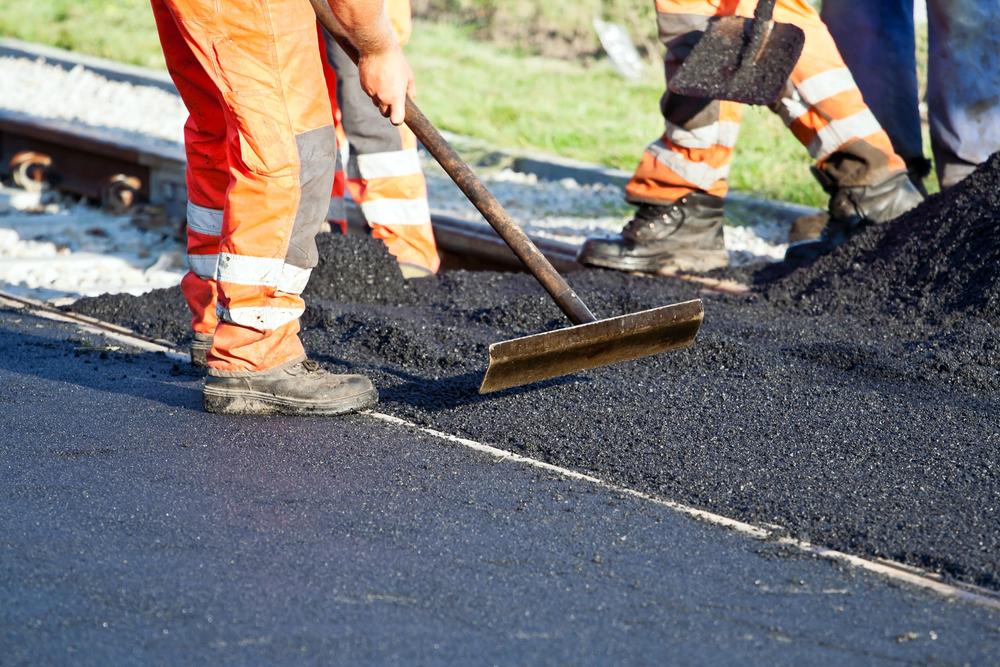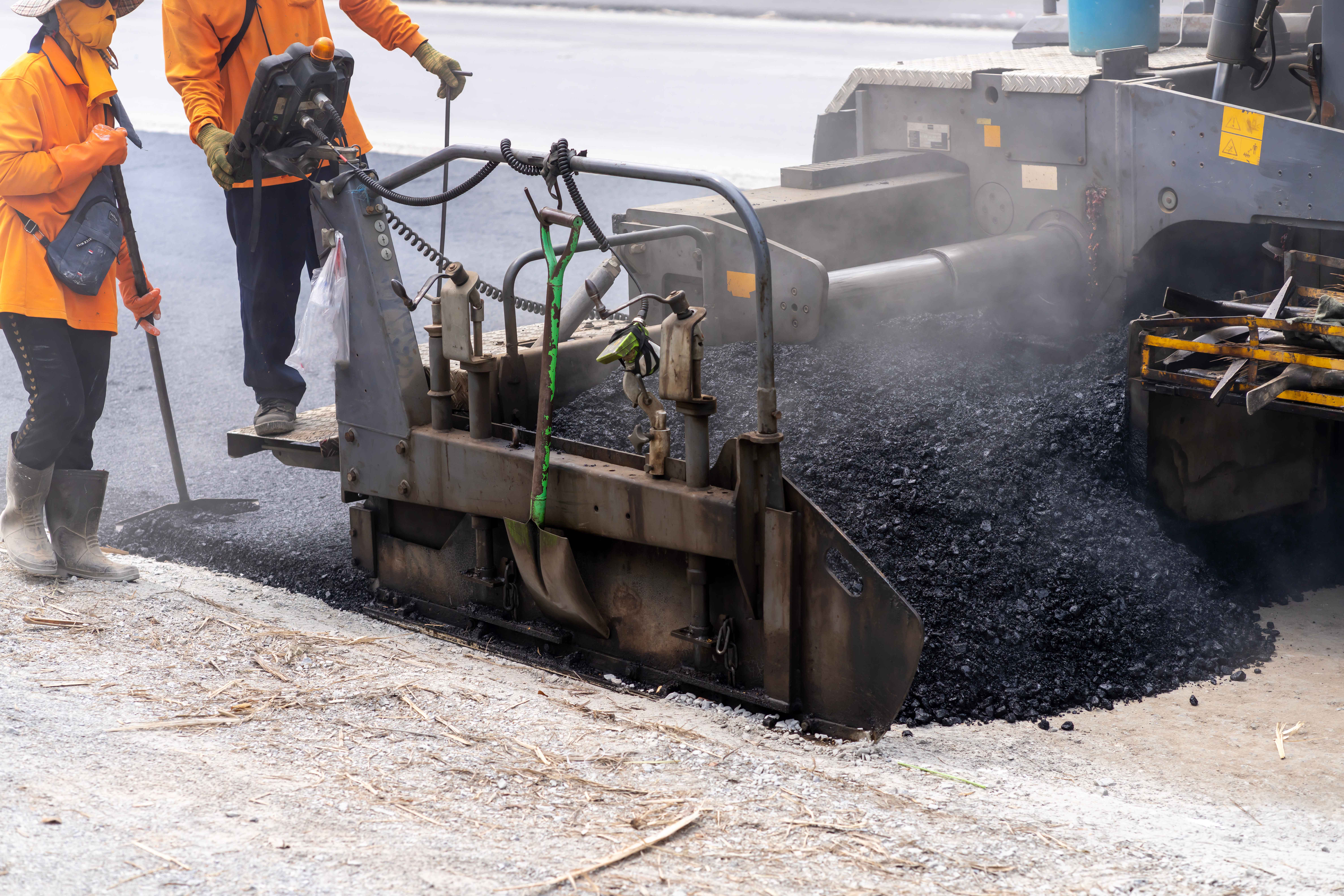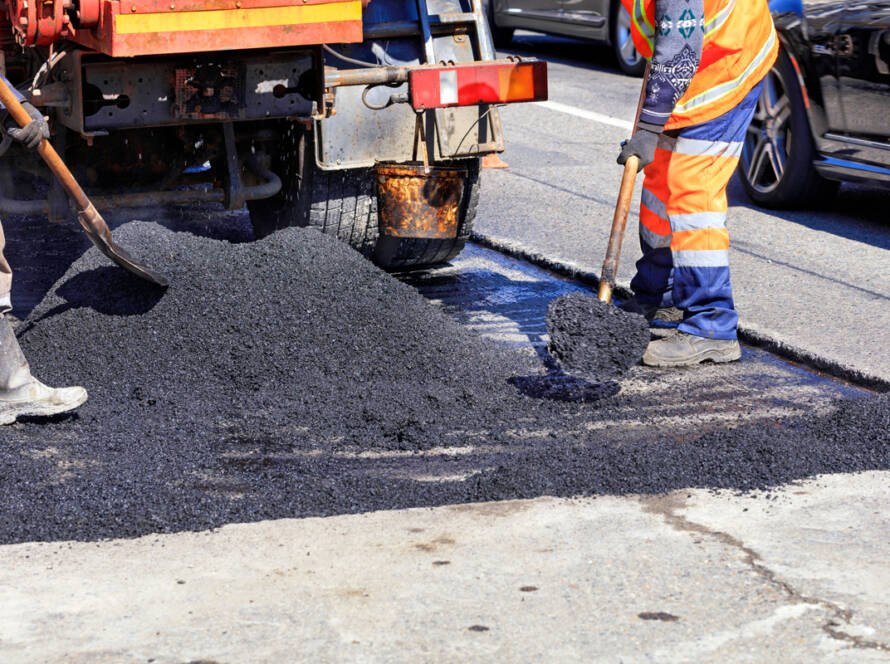The Rise of Permeable Tarmac and Sustainable Road Surfaces
As urban areas expand and environmental concerns rise, traditional road surfacing methods are being re-evaluated. Impermeable surfaces like conventional tarmac and concrete contribute to a host of problems—from increased flooding to the urban heat island effect. The good news? A new generation of sustainable road solutions, including permeable tarmac, is paving the way to greener infrastructure.
Why Traditional Road Surfaces Are Unsustainable
Standard road materials are non-porous, meaning water cannot penetrate them. This creates several serious issues:
-
Urban flooding caused by poor drainage
-
Overheated environments due to heat retention in dense urban areas
-
Waterway pollution from runoff carrying oils and debris
-
Reduced groundwater recharge leading to stressed aquifers
These challenges have accelerated the shift toward more sustainable surfacing practices, especially in rapidly developing regions.
What Is Permeable Tarmac?
Permeable tarmac, also known as porous asphalt, is an engineered road surface that allows water to drain through its structure. It’s made using a carefully balanced mix of aggregates that leave interconnected voids throughout the surface. These voids let rainwater pass through and seep into the ground below.
Key Benefits of Permeable Tarmac:
-
Flood Reduction: Water drains through rather than pooling on the surface.
-
Improved Water Quality: Pollutants are filtered through sub-layers of aggregate.
-
Replenished Aquifers: Natural infiltration boosts local groundwater reserves.
-
Cooler Urban Areas: Evaporative cooling reduces surface and air temperatures.
If you’re looking to install a tarmac driveway in Hertfordshire, this eco-conscious solution is not only practical but also future-proof.
Other Sustainable Road Surface Innovations
Beyond permeable tarmac, several other eco-friendly materials are gaining momentum across commercial and public infrastructure:
1. Recycled Plastic Roads
Waste plastic is mixed into asphalt, reducing reliance on raw materials and minimising landfill use.
2. Rubber-Modified Asphalt
Incorporates shredded tyres into the asphalt mix. This not only reduces tyre waste but also provides better traction and noise reduction.
3. Solar Roads
Innovative but still emerging, these surfaces embed solar panels to generate clean energy while supporting light vehicle traffic.
As these materials evolve, commercial tarmac contractors in Hertfordshire are increasingly incorporating them into long-term infrastructure planning.
Implementing Sustainable Road Surfaces
For successful implementation of materials like permeable tarmac, several key actions are necessary:
1. Research and Development
Continued testing ensures the materials meet durability and safety standards.
2. Pilot Projects
Trial installations allow municipalities and contractors to monitor performance under real-world conditions.
3. Collaboration Across Sectors
Government agencies, engineers, and tarmac surfacing Hertfordshire specialists must work together to scale these innovations.
4. Public Education
Raising awareness encourages wider acceptance of eco-conscious infrastructure.
By involving both private contractors and public planners, the path to sustainable infrastructure becomes a shared responsibility.
Practical Applications in Hertfordshire
Whether you’re managing a housing development, retail park, or business estate, the benefits of sustainable surfacing apply. At East Herts Surfacing, we’ve seen growing demand for:
-
Tarmac pathways in Hertfordshire with eco-drainage
-
Car park tarmac services in Hertfordshire using porous layers
-
Tarmac installation in Hertfordshire that meets sustainability standards
We invite you to browse our Tarmac Installation Portfolio for real-world examples of projects where we’ve successfully implemented environmentally friendly solutions.
Looking Ahead: The Future of Road Surfacing
As climate change accelerates and cities become denser, the shift toward sustainable road surfacing will become not just an option—but a necessity. Permeable tarmac and similar technologies offer a way to future-proof our roads while protecting the environment.
“The adoption of permeable tarmac and other sustainable road materials isn’t just about road quality—it’s about building cities that thrive with nature, not against it.”
– Dr. Sarah Thompson, Environmental Engineer
Conclusion
The rise of permeable tarmac marks a turning point in how we think about infrastructure. By integrating water-friendly, durable, and eco-conscious materials into road and driveway construction, we can reduce flooding, lower pollution, and create more liveable urban environments.
For those exploring tarmac surfacing in Hertfordshire, especially in commercial applications, permeable options provide both immediate benefits and long-term returns. To learn more or get started on your next project, visit our Tarmac Installation Portfolio.




